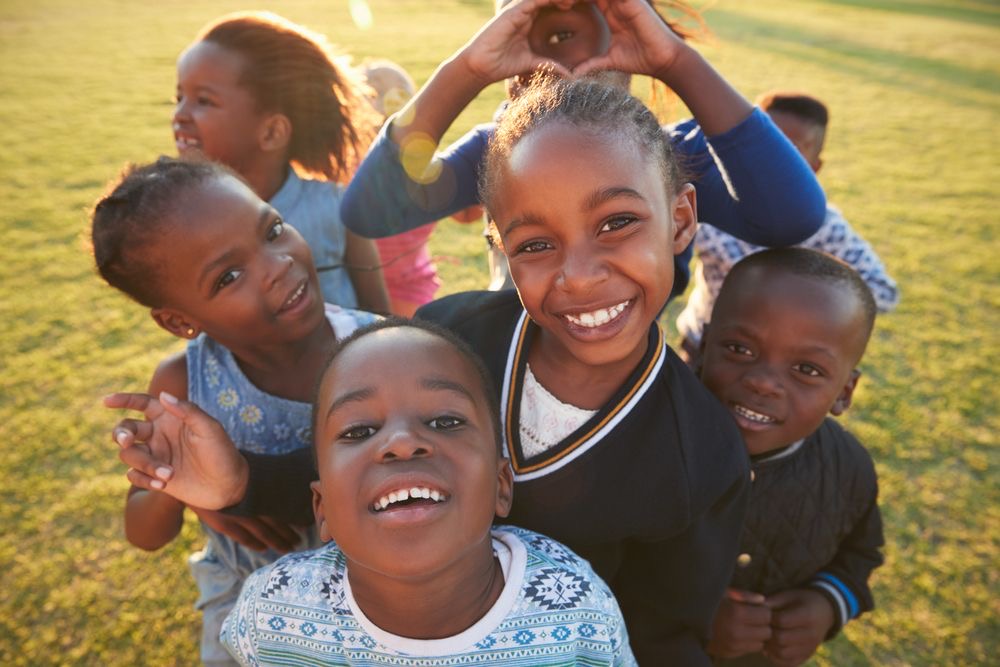Towards a more equal world
G20 members have committed to achieving the 2030 Agenda for Sustainable Development by promoting gender equality and sustainable development through both domestic policies and international cooperation. Supporting women’s and girls’ equal access to sustainable infrastructure, public services and social protection – the priority theme of next year’s Commission on the Status of Women – is critical to ensuring that these commitments become reality. But these changes require practical, targeted actions from leaders.
By investing in sustainable infrastructure and service delivery, G20 governments can make vital progress on issues that disproportionately affect women and girls. For example, the recent W20 summit in Argentina considered the needs of rural women and girls in particular: in 80% of households without safe drinking water on the premises, it is the women and girls who are responsible for the arduous and often unsafe task of collecting water. Improved access to safe drinking water and sanitation can bring them both immediate relief and life-long benefits, through increased opportunities to get a good education, earn an income and move around freely. With less unpaid care and domestic work to do, there is more time for paid employment or leisure activities.
Improving social infrastructure
Equally important is social infrastructure, such as childcare, and social protection, such as paid maternity and parental leave. The expansion of quality early childhood education and care services has rightly been recognised as an important pillar of inclusive growth by the G20 Development Working Group. And these services are especially important for women. UN Women’s global monitoring report Turning Promises into Action shows that in most G20 members, women are more likely than men to be poor, with single mothers particularly affected. In Brazil, Italy, Luxembourg, South Africa and the United States, more than 40% of single mothers live in poverty (earning less than 50% of the median income). G20 leaders in Buenos Aires can lead the way by promoting a supportive policy framework, at home and abroad, which enables women and men to care for their family members without being condemned to poverty for doing so. Universal social protection floors, including non-contributory pensions, provide important support to women throughout their lives.
Such investments generate significant dividends. In South Africa, for example, an annual investment of 3.2% of gross domestic product would not only make quality childcare services available to all, but would also create more than two million new jobs for women and men and raise women’s employment rates by more than 10%. The new jobs, in turn, would generate additional tax and social security revenue.
Better workforce participation
Broad-based and affordable access to these services can help women increase their participation in paid employment, create jobs in the social services sector and contribute to children’s development, particularly for those from disadvantaged backgrounds. Social services can also provide survivors of violence with critical safe spaces, health services and legal options. Long-term care solutions for rapidly ageing societies are equally necessary. And all such investments must be backed up by laws that support women’s equal rights and participation.
When considering infrastructure development, it is important to give equal attention to digital and financial infrastructure. Right now, some 4.1 billion people are without any internet connection at all, with a gender digital divide of 12%. The launch of the G20’s Global Infrastructure Connectivity Alliance is an important effort in this regard. So is the Global Partnership for Financial Inclusion’s policy guide on digitisation and informality that was endorsed at the meeting of G20 ministers of finance and central bank governors in Buenos Aires in July. It will work towards the digitisation of financial services so as to enhance the inclusion
of those in the informal economy. As we move into an increasingly digital era,
these investments will correspondingly become more vital.
The 2030 Agenda provides the framework to achieve a more equal and sustainable world. It is a matter of political will and the active engagement of G20 members and all stakeholders, including the private sector, to ensure that sustainable infrastructure, public services and social protection reach all women and girls – and that their voice and agency are taken into account in the decisions that affect their lives and livelihoods.











